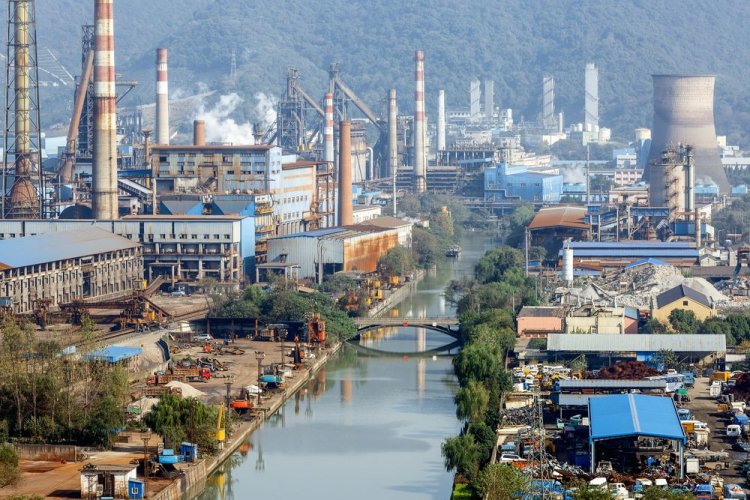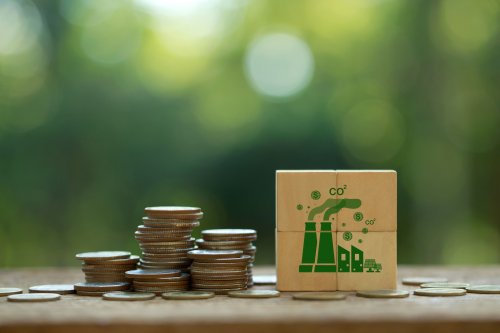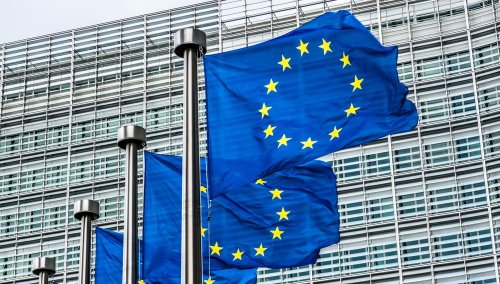China's national carbon market, which covers only the energy sector, is planned to be expanded to other emissions-intensive industries, including metallurgy and construction materials, by 2025.
The metallurgical industry generates the largest amount of industrial emissions in the country and about 15% of China's total emissions, Eco-Business reports.
It is noted that an expanded greenhouse gas emissions trading system (ETS) would be a significant step towards China's transition to low-carbon production, as it would force companies to reduce emissions. In addition, it would allow companies to avoid the tax burden of the European Carbon Based Import Adjustment Mechanism (CBAM).
The article explains that the allocation of "permits" on the national carbon market depends on accurate corporate carbon emissions data, which means additional requirements for emissions data.
"The entry into force of the CBAM will have a clear impact on China's steel exports, and may accelerate the industry's integration into the national carbon market to avoid additional carbon costs associated with the absence of domestic carbon prices," Eco-Business said.
It is noted that currently in China, the metallurgical industry is already included in six of the eight regional carbon markets. However, only one of them is based on the benchmarking principle used by the European system. There are two main methods of allocation of quotas for carbon emissions in the metallurgical industry:
- "grandfather method" – based on the company's historical emissions;
- benchmarking – the intensity of carbon emissions in the industry, which means a horizontal comparison between companies and sets a reference value.
Benchmarking is more data-intensive, so China's pilot carbon markets are dominated by a grandfathered approach, it said. However, this method does not incentivize firms with outdated processes to improve their efficiency and reduce emissions. After all, companies that have previously achieved significant emissions reductions and are more energy efficient receive fewer carbon permits due to low emissions in the past, while legacy companies receive more.
However, China's national carbon market currently uses benchmarking to allocate electricity carbon emission quotas. Benchmarking is likely to be the basis for the allocation of carbon quotas for the steel industry when it becomes part of the national carbon market.
The article said that China's metallurgical industry accounts for 5% of national GDP, and its production accounts for most of the world's volume. About 90% of steel is produced from iron ore.
At the initial stage of the industry's inclusion in the national carbon market, the impact on production costs of metallurgical enterprises is expected to be small, as allowances are mostly provided free of charge. However, allocation of quotas based on benchmarking will contribute to further improvement of the industry.
As EcoPolitic reported earlier, China was called upon to carry out a serious reform of ETS (Emissions Trading System) in order to strengthen global decarbonization, as well as prepare to pay the CBAM (EU Carbon Import Adjustment Mechanism) carbon duty. .





